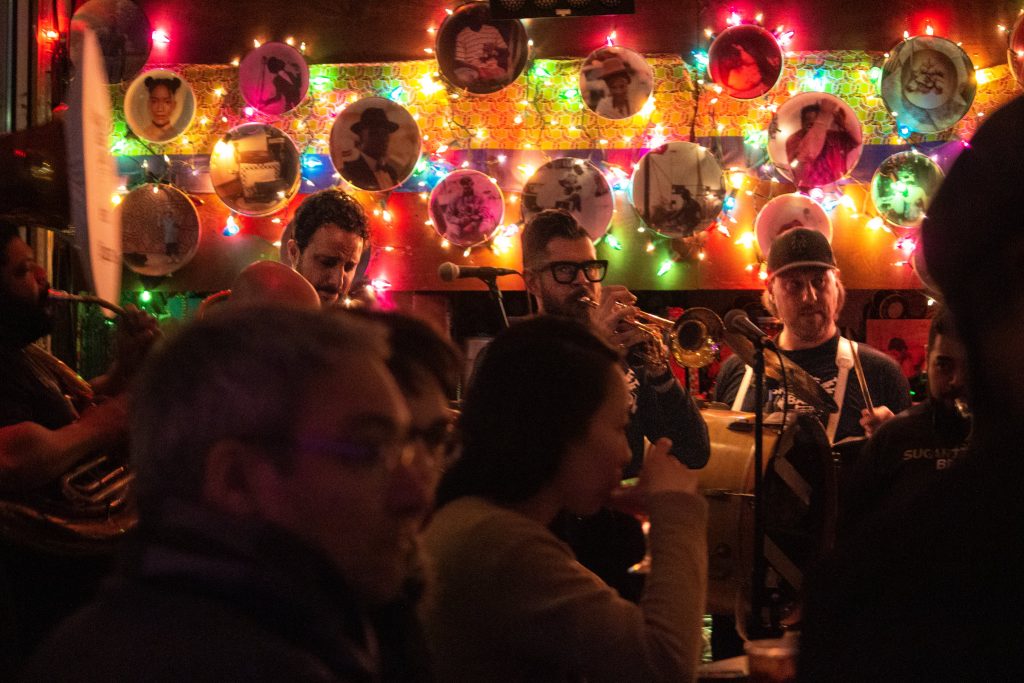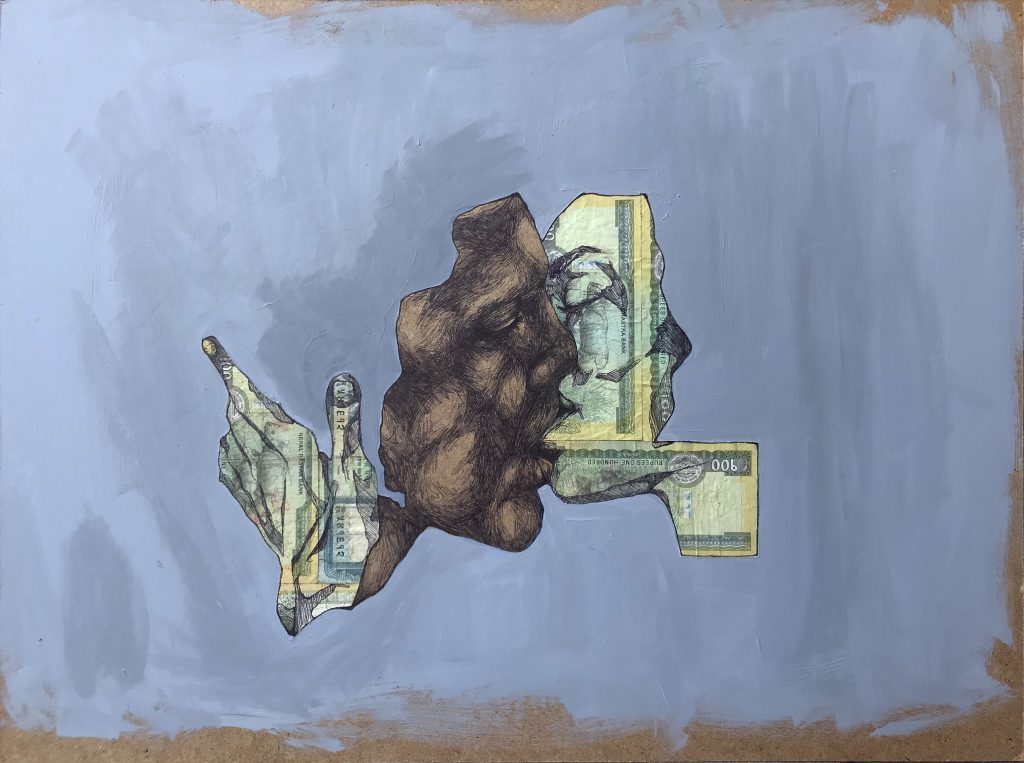These two pictures were taken in a restaurant in New York during Mardi Gras. A jazz band came in–and I’m a huge jazz fan–so I couldn’t help but take pictures. While I was trying to find a better view of the musicians, I found myself looking at the girl in the other picture– and there was something about her that was almost magical. I really like Midnight Blur because it represents the exhausted buzz of being up late, and reality becomes fuzzy, and anything could happen.


Francesca has bouncy red hair, a cat named Raspberry, and never matches her socks. She likes to notice things that other people don’t see. Sometimes she cannot control it, like noticing someone across the room biting their nails and not being able to stop, or hearing the slight clicking sound of their teeth for an hour. Other times, she picks up worms from the pavement after it rains so they don’t get stepped on. And yet other times, she finds wonderful and beautiful things to capture in photography.


